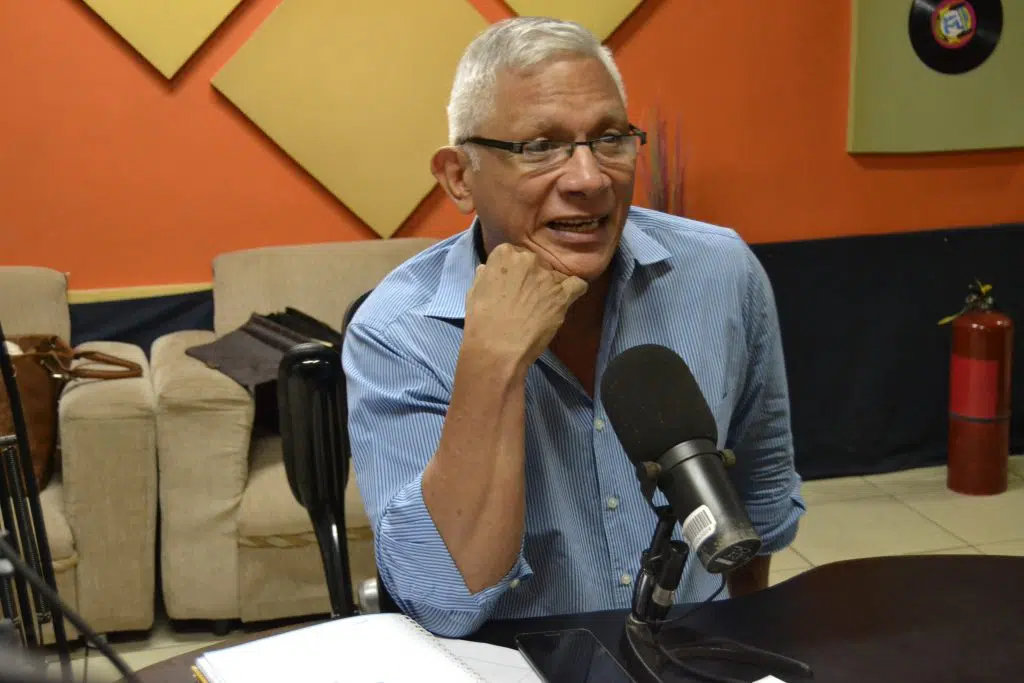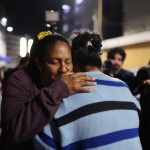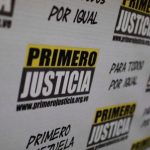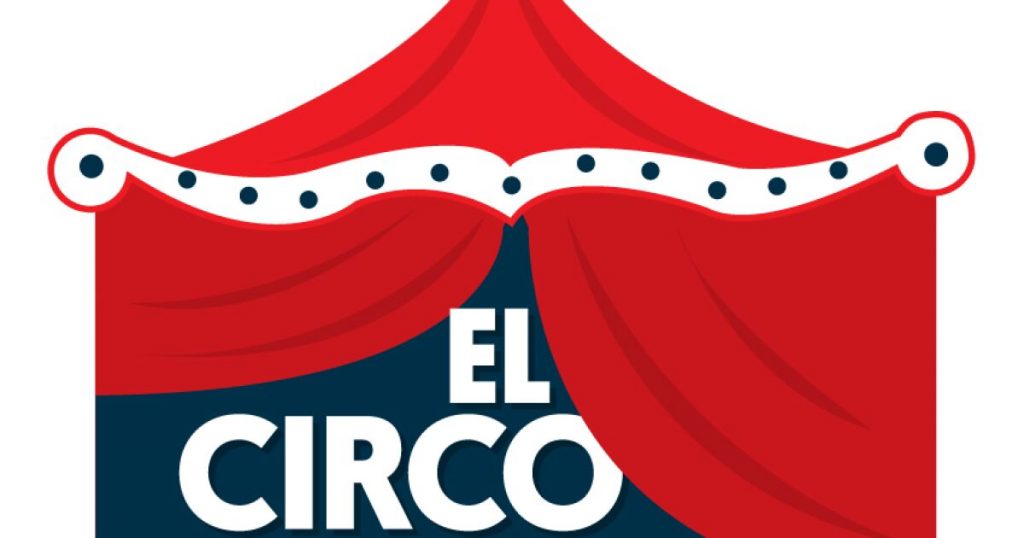Mario Chamorro, founder of the Nicaraguan Coordinating Federation of Non-Governmental Organizations that work with Children and Adolescents (Codeni), argued that those most affected by the cancellation of the legal personality of the organization “are the children and adolescents who remain in unprotected situation” in the country.
In an interview for the show Tonight, The former director of CODENI cataloged the outlawing of the organization as a “pass of accounts” by the regime of Daniel Ortega.
“Here the big losers, in this cancellation of CODENI and the organizations, are the children and adolescents, who are left in a situation of vulnerability in the framework of a strong economic, social and political crisis, in which the Government does not is doing nothing to serve them, “he said.
Related news: Ortega regime “beheads” CPDH and 24 other NGOs
On April 20, the National Assembly, with 74 votes in favor, zero against, 15 abstentions and one present, outlawed 25 non-profit organizations, including CODENI.
The organization was founded in 1992 and worked in the promotion, protection and defense of children and adolescents in Nicaragua. As of 2018, CODENI had a membership of 39 organizations, with 1,450 collaborators, more than 16,000 volunteers, and around 350,000 people benefited from the programs, Chamorro explained.
“CODENI is a national, but also an international reference in the work for the promotion and defense of the human rights of children”, highlighted its founder.
Mario Chamorro highlighted that one of the most “significant” contributions of the organization was its “incidence in the legislative framework” of Nicaragua in favor of the defense of the rights of children and women.
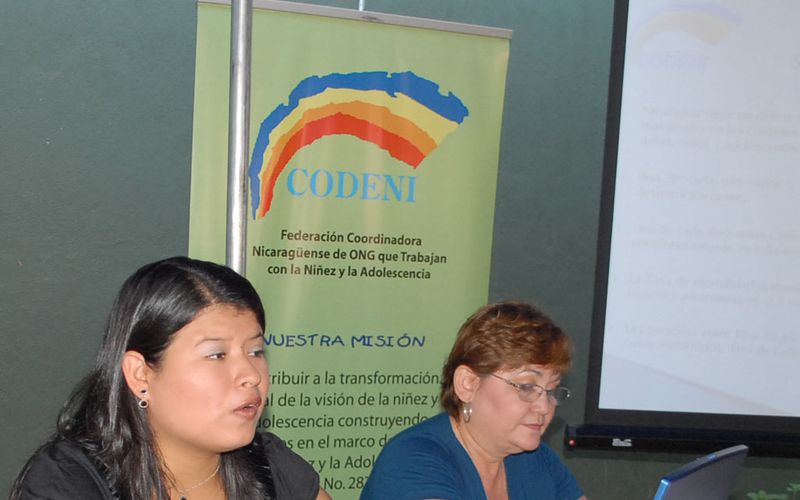
CODENI contributed to the Childhood and Adolescence Code, the Family Code, or the Labor Code in relation to child labor; also in the General Law of Education and Health.
In addition, it provided its contribution to the creation of the “Observatory for Children and Adolescents, which was recognized internationally as an exemplary observatory, because it followed up on the formulation of public policies, the follow-up of the legal framework, but above all it followed up to public investment, in reference to national and municipal budgets,” said Chamorro.
NGOs affected by the arrival of Ortega to power
Since 2007, with the return to power of the dictator Daniel Ortega, relations between the organizations and the government were “tense” due to the administrative requirements within the framework of Law 147 on the control of associations.
“But, also around the exclusion of civil society organizations in the national and municipal councils, and then came the tension in community work around threats, blackmail, persecution, the work of the communities,” Mario Chamorro said. .
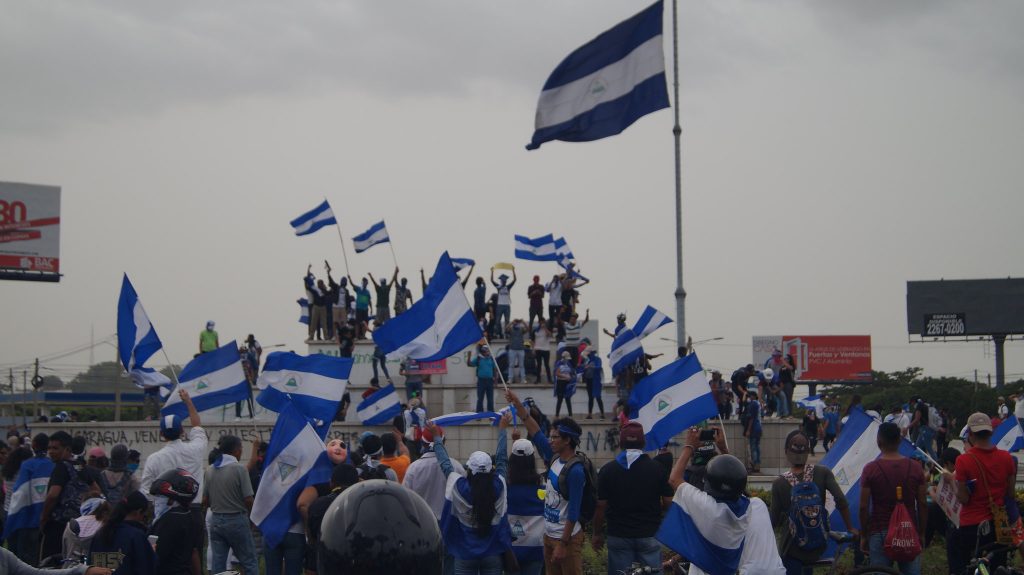
According to the former director of CODENI, the relationship deteriorated further in 2018, with the anti-government protests that were repressed by Ortega, where the organization denounced the murder of more than 29 children and adolescents during the peaceful demonstrations.
The activist pointed out that the denunciation of the violence and the deaths of children and adolescents in the framework of the repression, “were situations that strained (relations with the Ortega government), but that we were ethically forced to denounce these facts.” .
